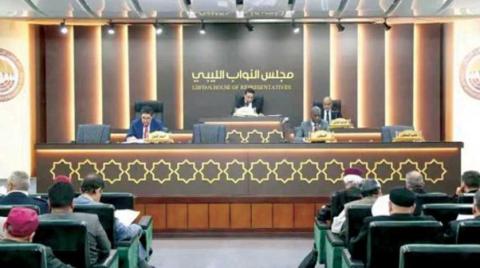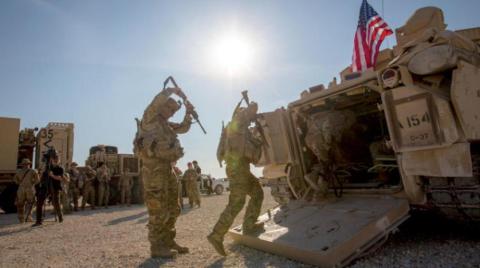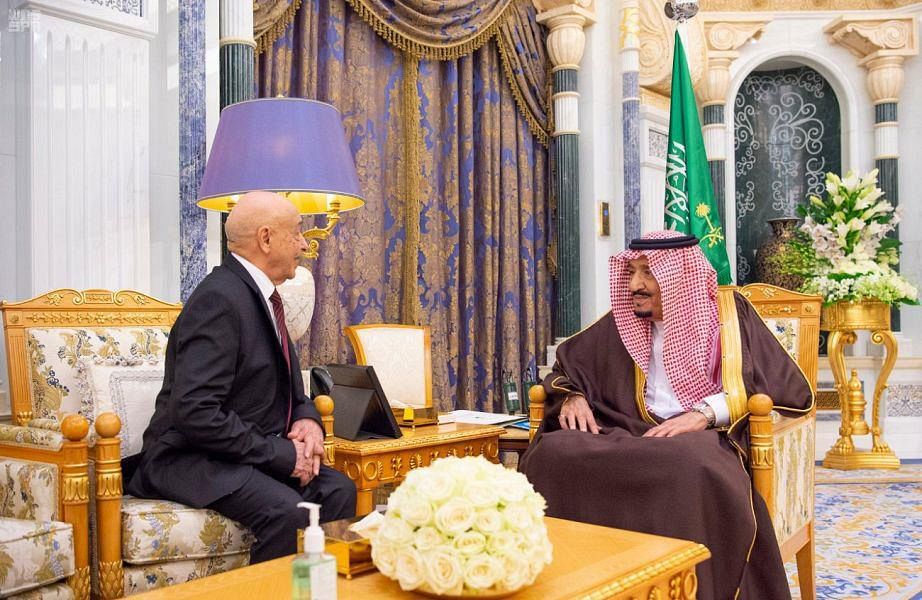
The Libyan House of Representatives and the stability government, headed by Fathi Bashagha, rejected the initiative put forward by the Sec-Gen's Special Representative for Libya and head of the United Nations Support Mission in Libya (UNSMIL) Abdoulaye Bathily to launch a High-Level Panel for Elections.
Bathily told a UN Security Council Briefing on Libya that the proposed "high-level steering panel" would include representatives of political institutions, political and tribal leaders, civil society organizations, security officials, and others.
He addressed the House of Representatives adopting the amendment to the 2011 Constitutional Declaration, saying it does not "address key contentious issues, such as the eligibility criteria for presidential candidates, and fails to stipulate a clear road map and timelines to realize inclusive elections in 2023."
However, the House of Representatives rejected the proposal, saying what was included in Bathily's briefing contained "fallacies" regarding the failure of the House of Representatives and the state to approve the constitutional law.
It also condemned Bathily's disregard of the disruption of the State Council session by the same force majeure that halted the elections, adding that the Envoy did not refer to the failure of the rest of the institutions entrusted with the success of any electoral and political process.
The council indicated that the obstruction and disruption of reconciliation, corruption and squandering of public money disrupted the electoral process in the country.
Meanwhile, the Foreign Minister of Bashagha's government, Hafez Kaddour, considered that disregarding official political bodies does not help reach successful and satisfactory solutions, placing the mission in a non-neutral position.
Members of the High Council of State said they would hold a session Thursday in Tripoli to respond to Bathily's proposal amid a division over it.
Furthermore, Prime Minister of the Government of National Unity Abdul Hamid Dbeibeh did not comment on the UN briefing session, saying the government is determined to overcome the difficult transitional period.
Dbeibeh reiterated that this stage requires focusing on capacity-building, establishing peace, launching development projects to overcome division, war, and weakening the state and its institutions.
Later, Chargé d'Affairs at the US Embassy to Libya, Leslie Ordeman, discussed with the Special Representative of the Chairperson of the African Union Commission to Libya, Wahida Ayari, joint support to establish a path toward elections in Libya.
The US diplomat appreciated "the AU's leading role advancing national reconciliation in Libya."










